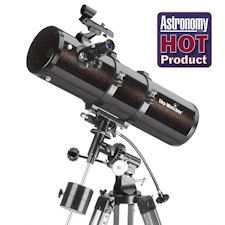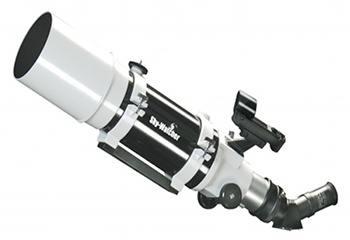Get outside and look up!
March 2024
Many objects you will be able to see with the naked eye, Jupiter, Moon, Constellations etc. but it is better if you use some equipment to help you!
BINOCULARS
Binoculars can be very good for seeing objects in the night sky. A good entry level set of binos would be 10 x 50’s which give 10 times magnification and an aperature of 50mm. Use your binoculars to look at the Moon, Planets and star clusters. you will also be able to see some “fuzzies” ( galaxies and nebulae ) but don’t expect to see any detail.
To find out more go to Steve Tonkin’s website Binocular Sky
TELESCOPES
First rule of Astronomy; If it’s cheap, it’s not worth having! The cheap scopes you see in Argos will just leave you frustrated and out of pocket. if you seriously want to buy a scope that will allow you to actually see objects with some detail then buy from a dedicated astronomy supplier such as First Light Optics. Good entry level scopes are made by Skywatcher and Celestron and you will not be disappointed.
Newtonians – Reflectors
As originally designed by Sir Isaac Newton, the Newtonian (Newt) telescope has mirrors instead of lenses and is very easy to use although they do need to be collimated. Great .entry level scope is the Skywatcher 130p as seen below and will cost around £165.
Refractors
Unlike Newtonians, Refractors use lenses and tend to be smaller than newts. A good entry level 3 0r 4 inch refractor is the Skywatcher Startravel series. The Startravel-102 refractor retails at around £170 and is a well made and useful scope.
There are of course other types of scopes and you may progress to those at a later stage. Once you have become experienced you will no doubt want to upgrade and there are many options available. For more info follow the link: Buying you first scope!

